Back to Courses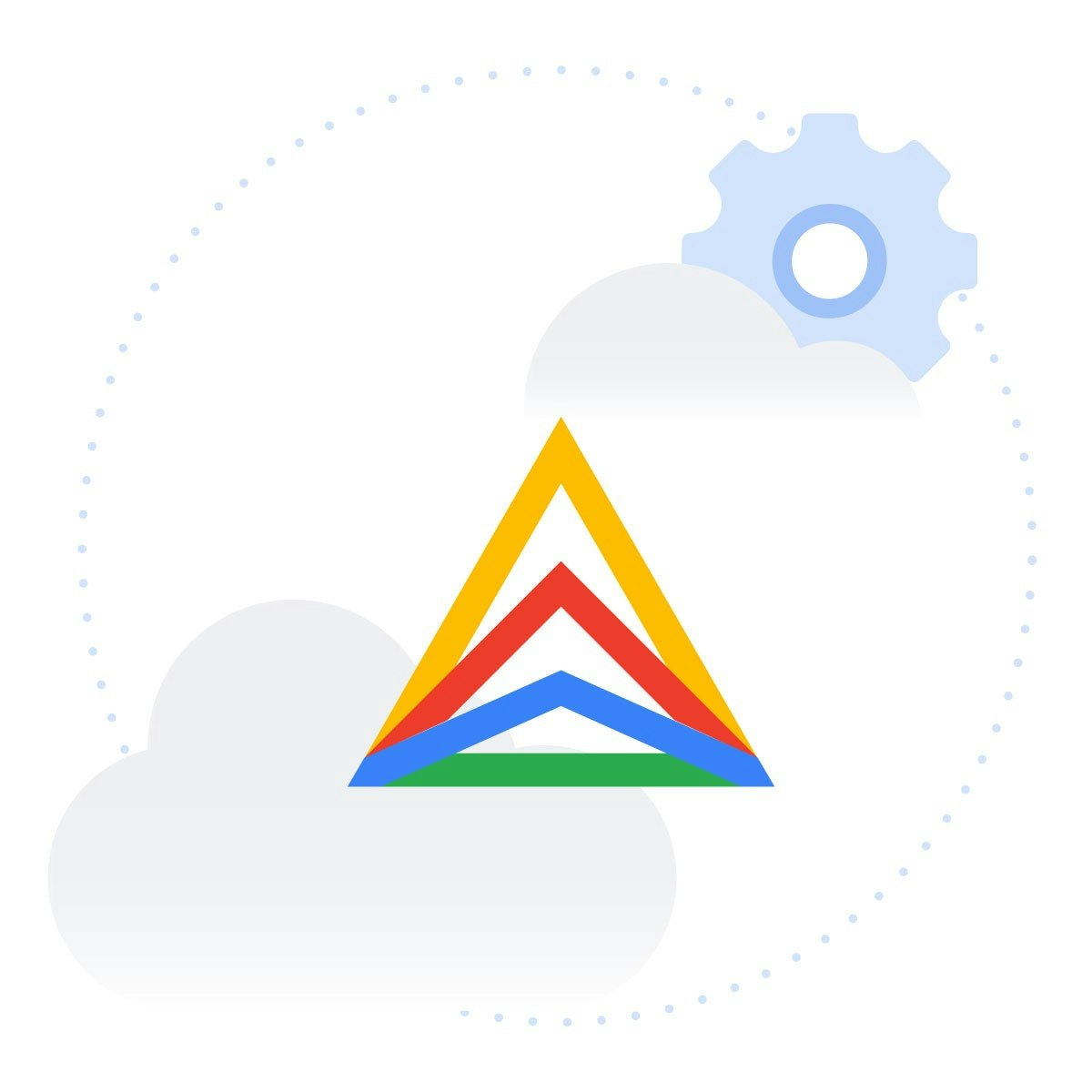
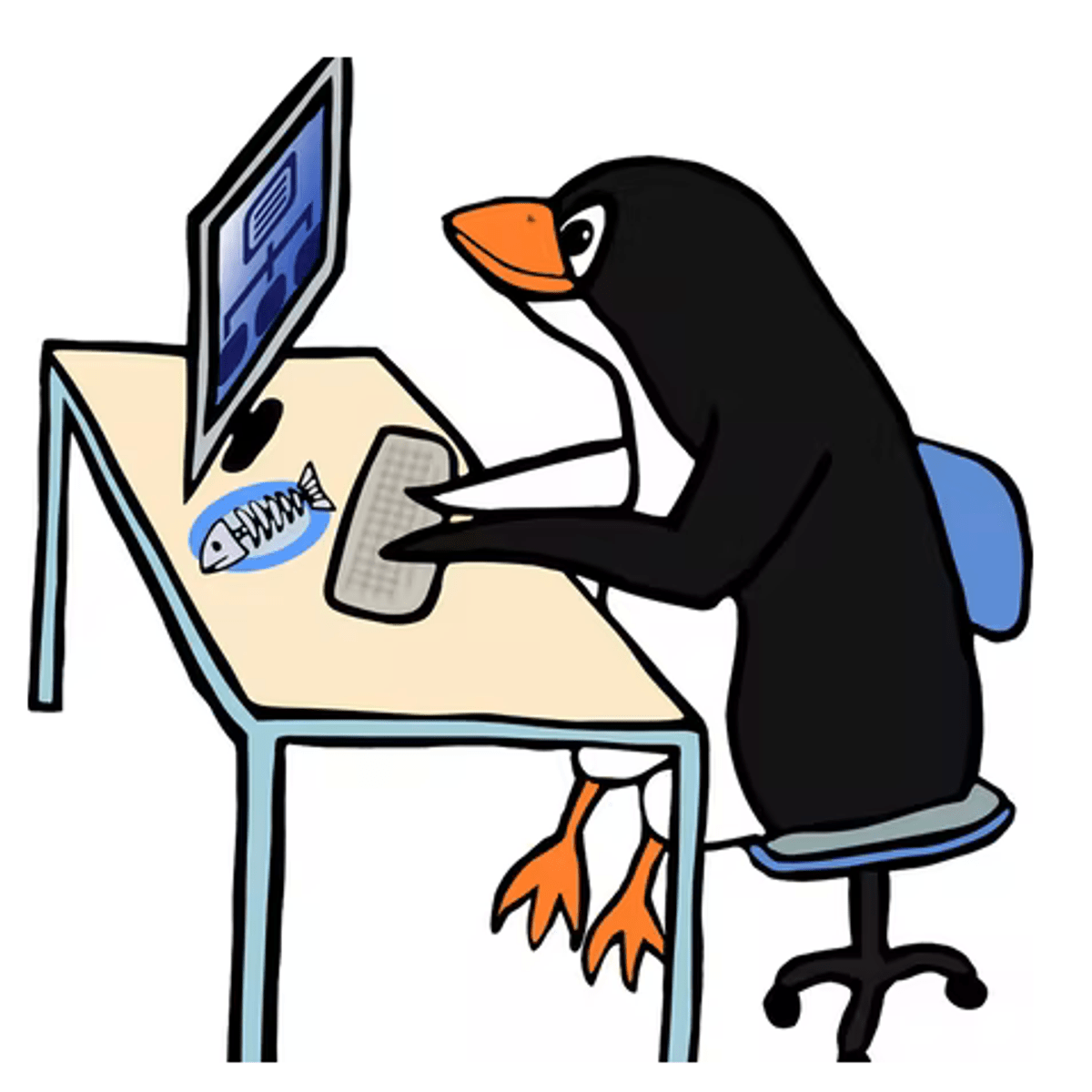
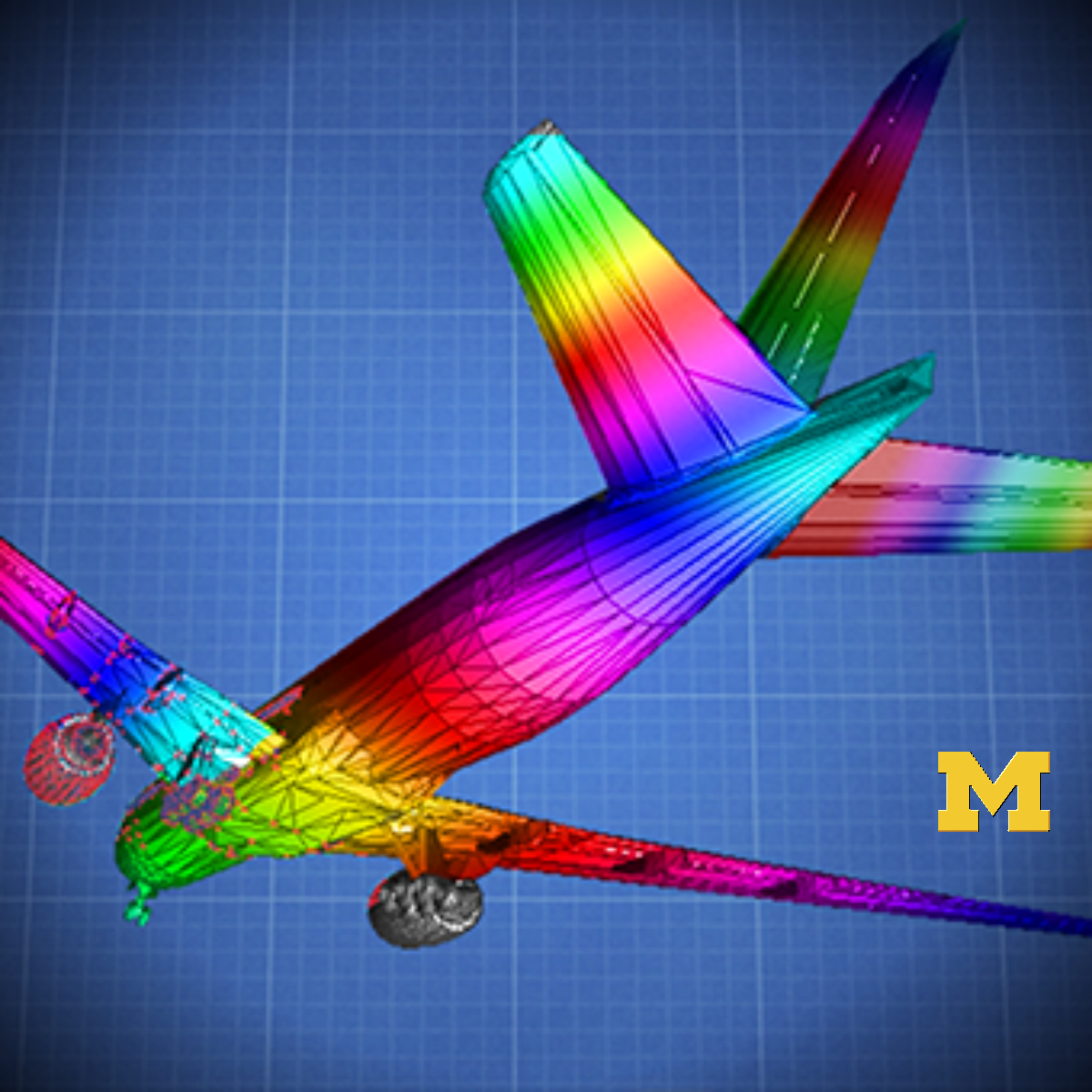

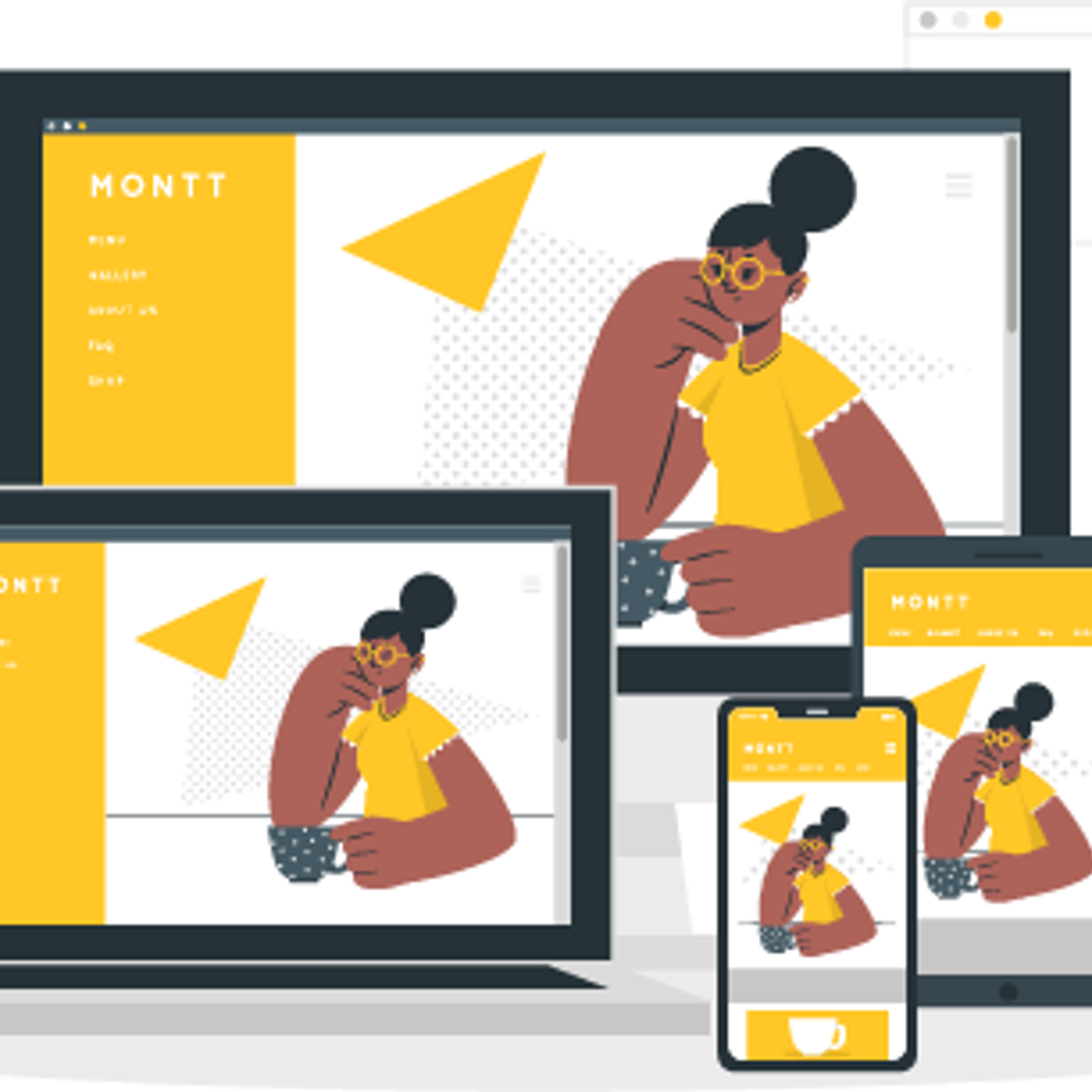
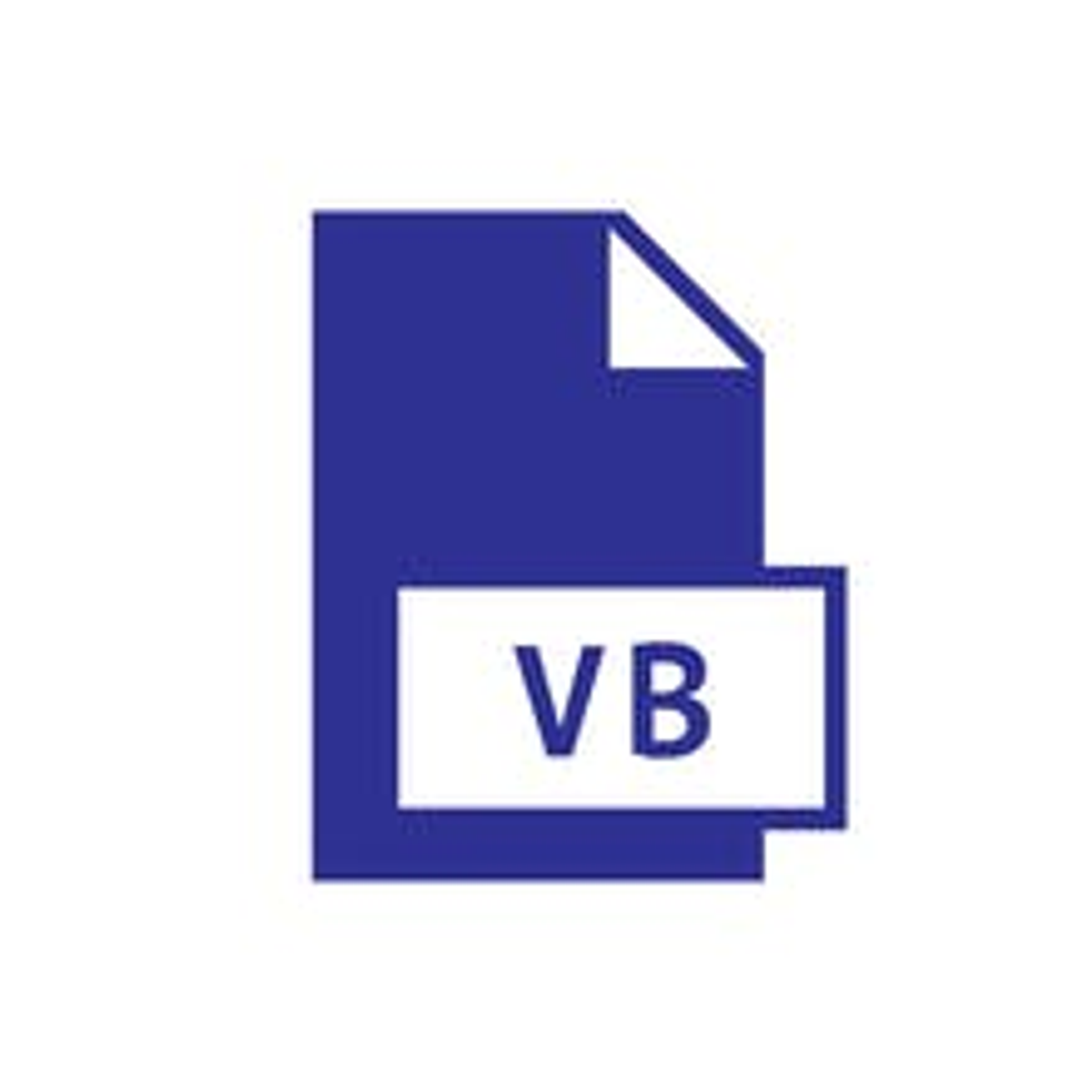



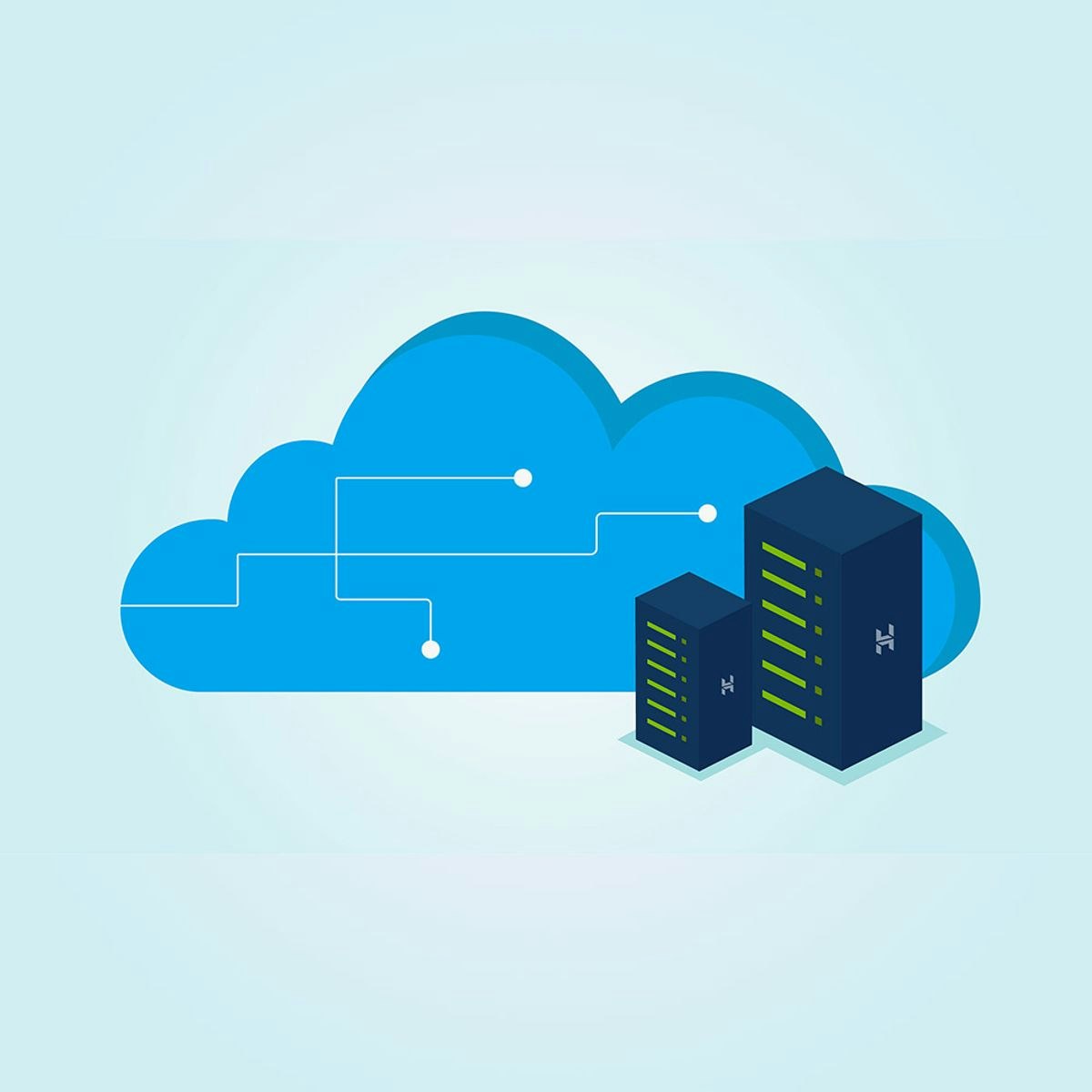
Software Development Courses - Page 51
Showing results 501-510 of 1266

Cloud Operations and Service Mesh with Anthos
This foundational course, course one of the Architecting Hybrid Cloud Infrastructure with Anthos series, equips students to plan and create Anthos environments: to build manageable and reliable multi-cluster Kubernetes infrastructure environments using Anthos and containers. This course is a continuation of Architecting with GKE and assumes direct experience with the technologies covered in that course.

Build a Web App incorporating React and Redux Hooks
By the end of this project, you will build a Web App incorporating React and Redux Hooks. For the Redux architecture implementation, we will be using the Redux Toolkit since that is the recommendation from the authors of Redux. Creating a Web App using Redux simplifies state management by enforcing a unidirectional flow through the application.

The Finite Element Method for Problems in Physics
This course is an introduction to the finite element method as applicable to a range of problems in physics and engineering sciences. The treatment is mathematical, but only for the purpose of clarifying the formulation. The emphasis is on coding up the formulations in a modern, open-source environment that can be expanded to other applications, subsequently.
The course includes about 45 hours of lectures covering the material I normally teach in an
introductory graduate class at University of Michigan. The treatment is mathematical, which is
natural for a topic whose roots lie deep in functional analysis and variational calculus. It is not
formal, however, because the main goal of these lectures is to turn the viewer into a
competent developer of finite element code. We do spend time in rudimentary functional
analysis, and variational calculus, but this is only to highlight the mathematical basis for the
methods, which in turn explains why they work so well. Much of the success of the Finite
Element Method as a computational framework lies in the rigor of its mathematical
foundation, and this needs to be appreciated, even if only in the elementary manner
presented here. A background in PDEs and, more importantly, linear algebra, is assumed,
although the viewer will find that we develop all the relevant ideas that are needed.
The development itself focuses on the classical forms of partial differential equations (PDEs):
elliptic, parabolic and hyperbolic. At each stage, however, we make numerous connections to
the physical phenomena represented by the PDEs. For clarity we begin with elliptic PDEs in
one dimension (linearized elasticity, steady state heat conduction and mass diffusion). We
then move on to three dimensional elliptic PDEs in scalar unknowns (heat conduction and
mass diffusion), before ending the treatment of elliptic PDEs with three dimensional problems
in vector unknowns (linearized elasticity). Parabolic PDEs in three dimensions come next
(unsteady heat conduction and mass diffusion), and the lectures end with hyperbolic PDEs in
three dimensions (linear elastodynamics). Interspersed among the lectures are responses to
questions that arose from a small group of graduate students and post-doctoral scholars who
followed the lectures live. At suitable points in the lectures, we interrupt the mathematical
development to lay out the code framework, which is entirely open source, and C++ based.
Books:
There are many books on finite element methods. This class does not have a required
textbook. However, we do recommend the following books for more detailed and broader
treatments than can be provided in any form of class:
The Finite Element Method: Linear Static and Dynamic Finite Element Analysis, T.J.R.
Hughes, Dover Publications, 2000.
The Finite Element Method: Its Basis and Fundamentals, O.C. Zienkiewicz, R.L. Taylor and
J.Z. Zhu, Butterworth-Heinemann, 2005.
A First Course in Finite Elements, J. Fish and T. Belytschko, Wiley, 2007.
Resources:
You can download the deal.ii library at dealii.org. The lectures include coding tutorials where
we list other resources that you can use if you are unable to install deal.ii on your own
computer. You will need cmake to run deal.ii. It is available at cmake.org.

Flutter Web and Firebase Authentication
This is a self-paced lab that takes place in the Google Cloud console.
This lab demonstrates how to use Firebase Web authentication in a Flutter application.

Developing Responsive Web Pages Using HTML5 and CSS3
The number of mobile users has increased exponentially over the past few years. Shopping, social connect, entertainment and other activities are just a few clicks away for these mobile users. A responsive web design adjusts the layout and appearance of the web pages to suit the resolution and width of the screens. This makes a web page look attractive on devices with diverse screen sizes. Designing a well-organized, responsive, and user-friendly web page has therefore become the need of the hour.
This course will guide you to develop websites that adapt to the device size of the visitor’s viewport and provide users an optimal experience.

Visual Basic Programming: Classes and Collections
This course is the third course in a series that aims to prepare you for a role working as a programmer. In this course, you will be introduced to the four main concepts in programming: Advanced String Operations and Dates, Modeling Classes, Development of Classes and Collections. Labs will allow the students to apply the material in the lectures in simple computer programs designed to re-enforce the material in the lesson. Learners will need to have a local machine with any one of the following operating systems; Windows 7 SP1 or higher, macOS 10.1.13 or higher, or almost any version of Linux from the last several years. The learner will either need to download the free community edition of Visual Studio or the open source .NET Core installation.

Exception Handling in Python
In this 1-hour long project-based course, you will learn the differences between an exception and syntax errors, how to raise an exception, what an AssertionError exception is within Python, how to use the try, except and else clause and how to use the finally clause and any clean-up actions.
By the end of this project, you will have an understanding of error and exception handling in python. Once you have a beginner's knowledge of python programming and start coding you may find that something disrupts the normal flow of the program you have built. You may find yourself with errors in your code. This course will provide students with the knowledge behind exception handling in python and show how to write high-quality code to ensure that if your python scripts encounter a situation that it cannot cope with that the right procedures are in place to provide meaningful information and deal with those errors.
Thus, ensuring that your code is efficient and robust which is an essential aspect of writing high-quality code. This project will take students through a number of examples demonstrating several of the most useful python exceptions. You will gain an understanding of exception handling in python from the in-depth examples provided.

Build a Scoring Mechanic with C# in Unity - Shooting Targets
In this one-hour, project-based course, you'll learn how to set up targets and apply scoring mechanics in your FPS game. You'll also learn how to animate your targets and create a UI display that shows the current score of the player.
The guided project will familiarize you with the following Unity concepts:
- UI Toolkit
- Coding techniques including static events and the SendMessage method.
This course makes use of the western-themed Unity project created in Create an FPS Weapon Part 1, Part 2, Part 3 and Part 4. These compliment this guided project and, although not prerequisites, are recommended for a more well-rounded understanding of the concepts presented herein.
Note: This course works best for learners who are based in the North America region. We’re currently working on providing the same experience in other regions.

Android Programming for Beginners - Contacts Application
By the end of this project you'll learn to create a simple Contacts application. this application will have the ability to call or send sms to different contacts. Also the user can add new Contact to the contacts list. throughout this project we are going to work with, Costume Listview Adapters, Intent Actions, button click listeners and Cardviews. this project is for those who are looking for a simple practice to test their knowledge of Android programming.
Note: This project works best for learners who are based in the North America region. We’re currently working on providing the same experience in other regions.

AWS Elastic Beanstalk:Deploy a Python(Flask) Web Application
In this 1-hour long project-based course, you will learn how to create your Python web application & launch it on your own server using AWS Elastic Beanstalk technology. You will be using the Flask python framework to create your web application & AWS desktop management console to deploy the web application to the AWS servers. Additionally, you will learn more about reading the server logs, how to switch between different versions of your web application & also, monitoring your AWS servers using Elastic Beanstalk Desktop Management Console.
Note: To avoid distraction for set up during the course, we would recommend that you create an Amazon AWS account beforehand. Amazon AWS provides a free tier option for 1 year & the course materials will utilize services that fall under the free tier option.
Popular Internships and Jobs by Categories
Browse
© 2024 BoostGrad | All rights reserved


